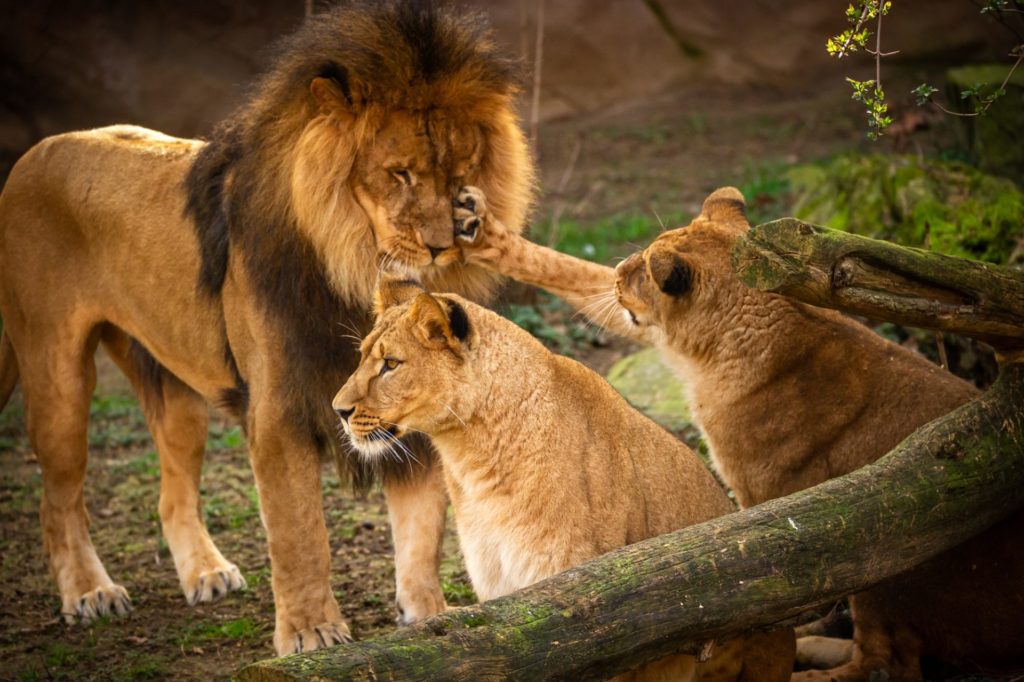All of the mammals in ZOO Antwerpen and ZOO Planckendael are officially free of Covid-19, the zoos proudly announced on Thursday.
While a nice headline, it begs the question of how did they do it?
Anyone who has been tested for the virus at this point knows how invasive a nasal swab can be, meaning it was never going to be possible to do the same to a wild animal.
"Inserting a swab deep into the nose is too invasive for most species. Moreover, in wild animals such as lions or chimpanzees, this method is very dangerous for the researchers," explained Francis Vercammen, a veterinarian at ZOO Antwerp and ZOO Planckendael.
So, they looked at the animal waste.
The research started at the end of 2020 with keepers collecting manure samples from all mammals in September, October and December at both zoos.
"In total we collected 372 samples three times. 150 samples came from Antwerp Zoo, most of which were from primates such as chimpanzees and gorillas. We collected 222 samples in Planckendael Zoo. There the largest amount came from the ungulates, such as giraffes and rhinos," explained Tine Cooreman, Master's student in Biodiversity and Conservation at the University of Antwerp.
For her master's thesis, Cooreman meticulously examined each sample in the University of Antwerp's laboratory. As previously reported, traces of COVID-19 can also be found in the faeces of infected people and animals.
"I reduced all the individual samples from the same species to one. I extracted the RNA so that it could be doubled into DNA. We could then test this DNA for the presence of the genetic material of coronaviruses. For this, we used a PCR test, but not the type that you often see in the media," Cooreman added.
A Different Approach In Wallonia
At Pairi-Daiza zoo in Cambron, the veterinarians have taken a different approach to check for the virus.
"Without wishing to take a position on the method used by the person who carried out this work, the conclusions confirm what our zoological department has been able to observe," said a spokesperson for the Hainuyer animal park.
"Our veterinarians and caretakers monitor the health of our animals on a daily basis. In recent months, blood tests were carried out on a number of our animals, including 'big cats' such as tigers and a gorilla, to detect the presence of the SARS-Cov-2 virus. All the animals tested were negative.
The Pairi Daiza authorities also added that "the caretakers continue to wear masks and to disinfect their hands and, very often, the soles of their shoes, before approaching the animals. These disinfection measures were already in force in the park for contacts with the great apes, before Covid."

